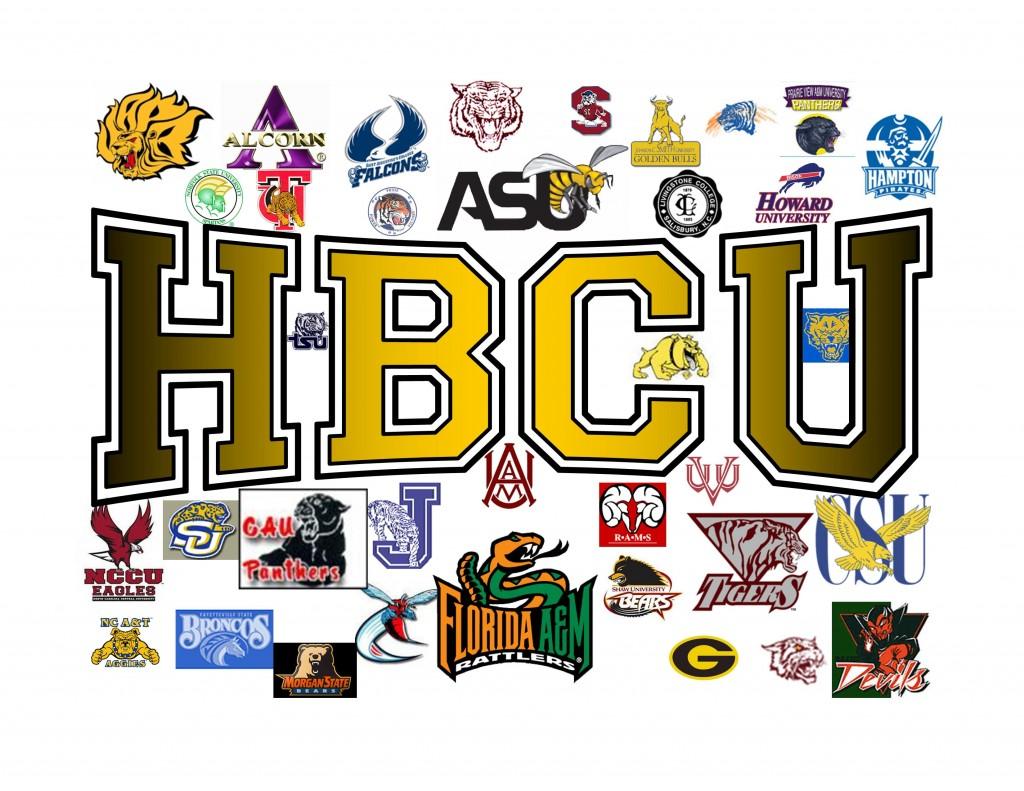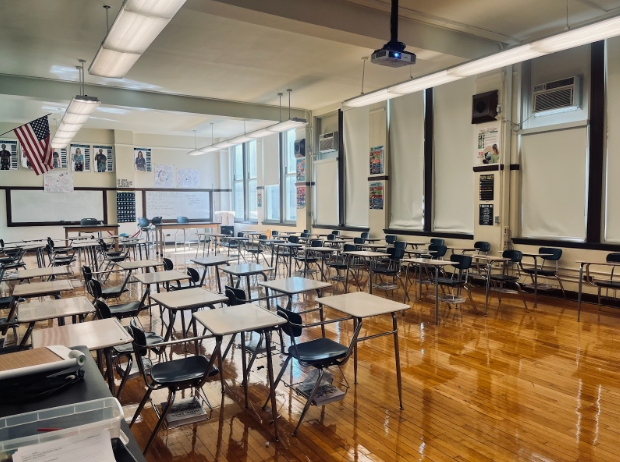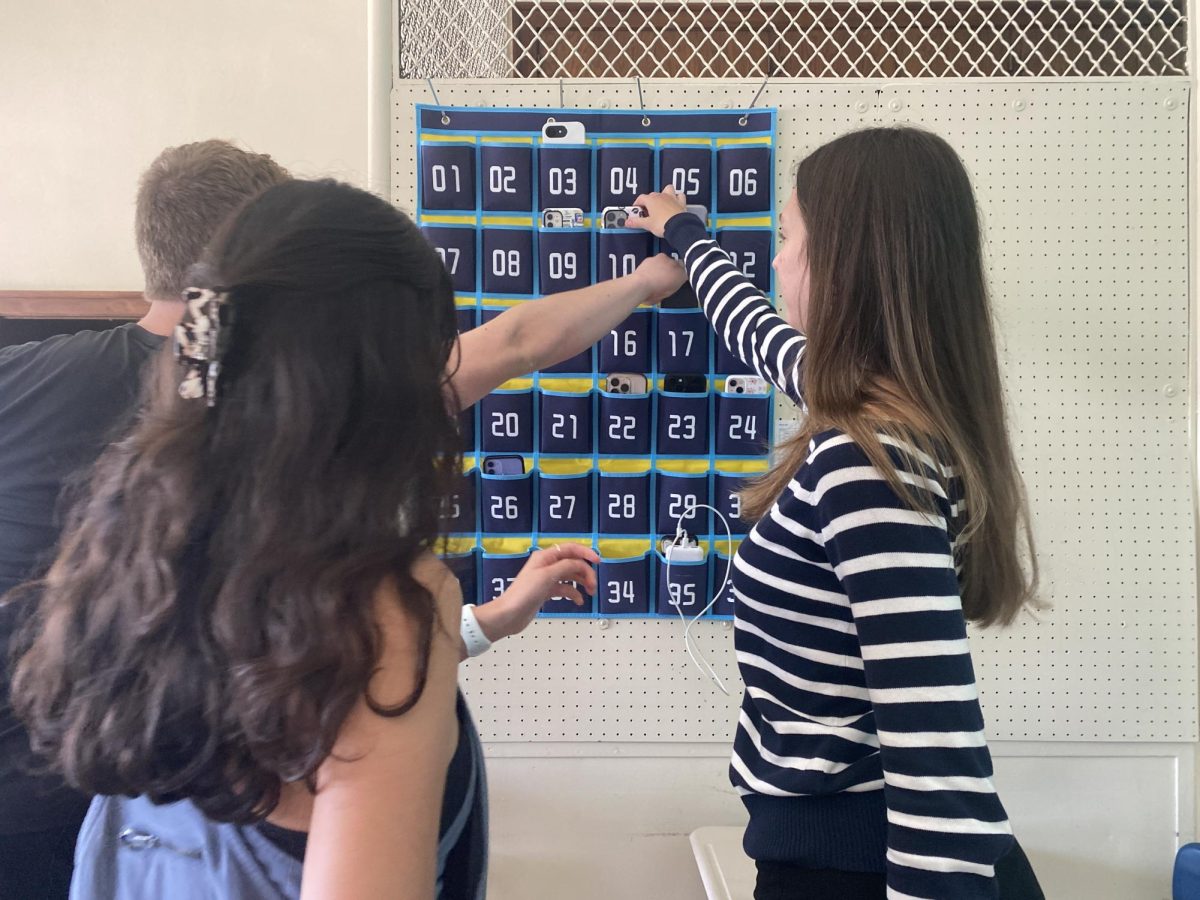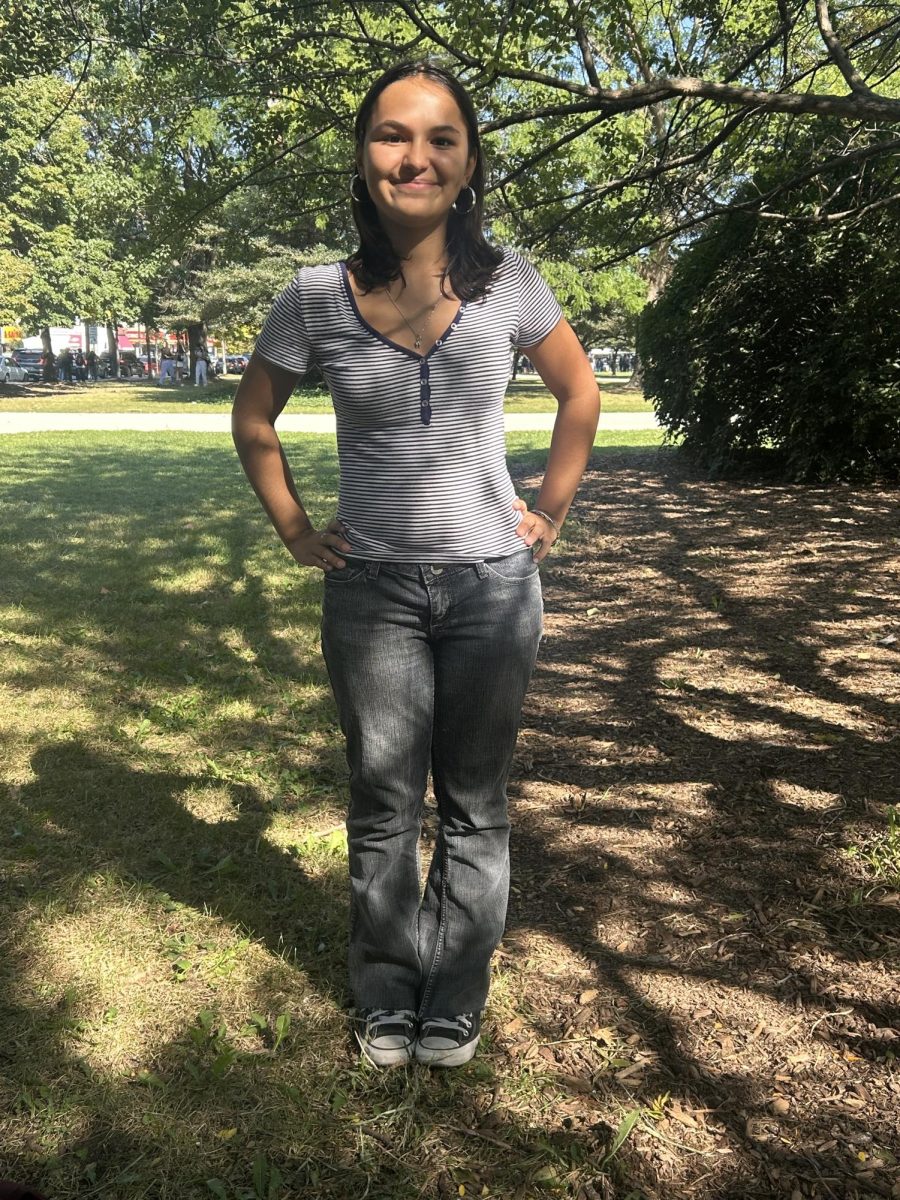By Cherrell Anderson
Historically Black Colleges and Universities (HBCUs) were established before 1964 and most after the Civil War to give African Americans a chance to get an education during a time of racially segregated schooling. Times have changed and now students of various races and ethnicities in the U.S. are welcome to attend school together. However, some Lane students are interested in attending an HBCU, seeking the bond of a predominately Black school and its cultural enrichment.
“I went to an all Black elementary school and I took it for granted because I wanted diversity,” said Sharon Lloyd, Div. 260. “Now that I have it, I miss that cultural bond. When I’m around people of my race I feel more accepted since we understand each other, have the same sense of humor, etc.”
“I wanted something different. I’ve been at a diverse school for four years and at an HBCU, it’s like a big family. It’s a racial bond,” said Imari Walker, Div. 277.
Some expressed their not so pleasant feeling about being at a diverse school such as Lane.
“At Lane, I feel like the spokesperson for my race,” said Mercedes Matz, Div. 264. “For instance, if someone (non-Black) asks me about slavery, people will look at me as if I know someone in my family who went through it.”
“I get a little offended when someone White teaches me Black history because they haven’t been personally affected by it or had relatives who were,” said Walker.
As students are eager to learn about their intended majors, one of the main subjects they are interested in learning is who they are as far as culture and history.
“I feel that with any college, you want to be in a different environment and graduate, but I also want better knowledge of myself and culture,” said Matz.
“It’s not all about a school being all Black. At an HBCU, I’ll have a better feel about where I came from and a deeper appreciation for it,” said Juliannah Muyiwa, Div. 274.
Students talked about a few of the 105 HBCUs that appealed to them.
“I know Howard University is an elite school and I like to be surrounded by a lot of educated black people. I am only interested in the most renowned HBCUs,” said Matz. “I have a lot of family that’s alumni of Howard and a cousin there now who loves it!”
Howard is one of the top HBCUs, located in Washington, D.C.. Howard’s student newspaper is The Hilltop, which is the nation’s only HBCU daily newspaper, co-founded by Harlem Renaissance writer, Zora Neale Hurston in 1924.
“I was interested in Tennessee State University and Jackson State University,” said Lloyd. “I was accepted to Tennessee State first and it’s my dream school, so I want to go there.”
Former talk show host, Oprah Winfrey is an alumni of TSU.
“I’m interested in going to Florida A&M (Florida Agricultural and Mechanical University) and Alabama State,” said Latoya Friend, Div. 280. “Florida A&M is one of the few HBCUs with a Public Relations major, which is what I’m interested in. Both schools have good dance lines too.”
FAMU is widely known for its marching band, the “Marching 100,” which has performed at major events such as the Super Bowl and the Grammys.
“My cousins who have graduated from FAMU have become engineers at top engineering companies,” said Matz.
There is currently controversy surrounding FAMU due to recent acts of hazing, one of which lead to the death of a student. However, some students considering FAMU have not given up on the school.
“The hazing situation makes me want to go even more because I want to support the school and stand up for it,” said Muyiwa. “People are saying it’ll make the school lose its credibility, but I think it’ll only lose its credibility if no one is supporting the school.”
Racial diversity at HBCUs exists as colleges work harder to maintain enrollment levels and because of increased racial harmony and low cost of tuition. Schools such as Langston University in Langston, OK and Tennessee State have 12 percent Caucasian students, according to the U.S. News and World Report Best Colleges 2011 edition. In addition, statistical profiles note that several other hbcus have significant percentages of non-African American students such as Asian, Hispanic, and International students.
“It’s funny to have an HBCU like Bethune-Cookman in a very diverse area,” said Walker. “It’s in Daytona Beach, FL where there are a lot of White people.”
Despite stereotypes and down-talk, Lane students with interests in HBCUs express an optimistic attitude towards them and how they can benefit from them.
“Some people try to stereotype Black people as uneducated. HBCUs prove them wrong while Black people are graduating from these schools with degrees and getting careers,” said Friend.
“People downgrade HBCUs, but you have to understand that they don’t have a lot of funding, they are low on staff, so they do what they can,” said Walker. “That’s why their enrollment isn’t as selective.
As acceptance letters are rolling in for seniors and post-high school decisions are being made, some may consider an HBCU as their future choice whether it be for their appreciation for its history, a close-knit bond, or for the things that makes it unique.
For a complete list of HBCUs, visit The Network Journal at www.tnj.com/lists-resources/hbcu.






